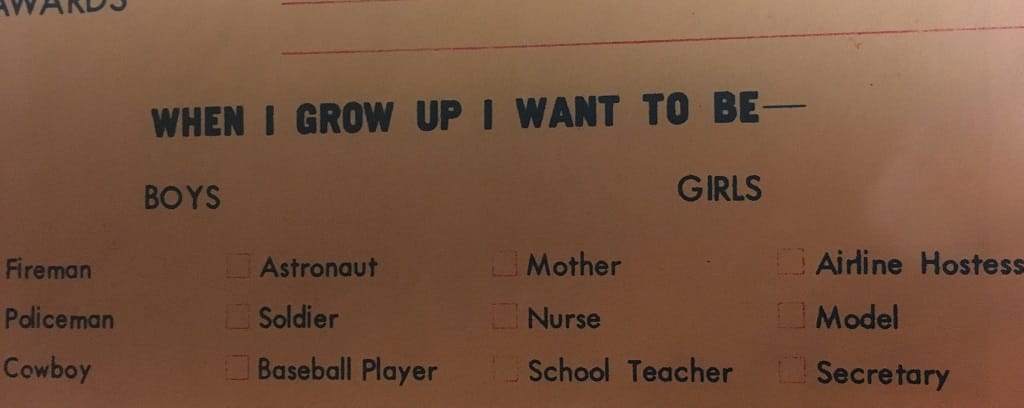When I wrote the first version of this post several years ago, we had just heard so-called apologies from Ryan Lochte, Donald Trump, Le’Veon Bell, Brock Turner, newspapers, and several quick-thumbed social media commenters. Since then, we’ve heard many more. They rarely seem complete or sincere.
To most of us, “I’m sorry” and an excuse isn’t much of an apology. It sounds more like:
- “I’m sorry I got caught.”
- “I’m sorry you’re mad at me.”
- “I’m sorry you’re so sensitive.”
- “I’m sorry you don’t understand how difficult or different my life is from yours.”
- “I’m sorry you misunderstood me (because you’re clearly not at smart as I am).”
It lacks acknowledgment of full responsibility, and it fails to demonstrate a commitment to change. Yet we often pretend it’s enough.
An Effective Apology is Specific
It’s hard to hold others accountable for behavior we’ve either participated in or could easily see ourselves engaging in. We don’t want to be the snitches–until the alternative is worse. We cover for our friend, until we’re the ones being pulled off our planes home and held by foreign authorities. Until we get grounded for it (as we should be), we cover for our siblings who got caught smoking at school.
Here’s what that apology sounded like:
I’m sorry that I forged your signature. I knew it was wrong, even if I was trying to help her and avoid her wrath. It was still wrong, and I will never do it again for any reason. Yes, I understand I am still grounded. Yes, I understand why.
That is how I learned not to lie. It was consistently enforced, even when I’m sure my mom was tired from working full-time, going to school, and raising three girls on her own.
An Effective Apology Is Accompanied by Corrected Behavior
In January 2014, the 14-year-old boy who assaulted me said, “I’m sorry, Ma’am,” as he lay on the ground face down, with his hands behind his back and my cell phone between his shoulder blades. I was still in shock at the time and a bit dazed from the concussion he gave me when he picked me up and body-slammed me onto the sidewalk.
Later, I asked for a restorative justice plea conference, hoping to hear an effective and complete apology that would assure me and everyone in the system that he had learned his lesson and was no longer a danger to society. He and his parents instead fled just before his sentencing, and it wasn’t until he was arrested on one of six other crimes that they were located. He was recently released from jail, and I still hope I will someday hear:
I’m sorry that I targeted you. Using my physical strength, I have hurt women and girls. My prejudices clouded my views, and I am committed to overcoming them.
Also, I know it is not right to take what belongs to others. Rather than steal, I am going to get a job so I can buy what I want.
I was wrong to flee my sentencing conference. I plead guilty because I was guilty. Creating a better plan for my life, I completed my incarceration period and continued my studies.
Elements of an Effective Apology
We all make mistakes. Some of them are big ones. Yet it is how we handle ourselves after them that determines our future.
- Be specific. It’s not enough to be generally or generically sorry. Be clear about the behavior you are sorry for, and don’t make excuses for it.
- Acknowledge that you knew better than to engage in such behavior. Admit that you knowingly took action that was potentially damaging. It won’t be comfortable, but you’re not a bad person because you screwed up. You’re like every other human being. You have self-sabotaging behaviors you must keep in check.
- State what you are going to do to make amends for your error. Will you return someone’s stolen belongings or pay for their replacement? Will you pay for treatment expenses or serve a jail term? Ask the person you hurt what will make them feel whole again.
- Commit to actions that will keep you on track toward a better future for yourself, your victims, and your community. Take those actions consistently and help us eliminate the environments that create opportunities for the behaviors you chose.
Need to apologize for discrimination?
Case Study: January’s Struggle to Communicate Effectively with His New Supervisor
